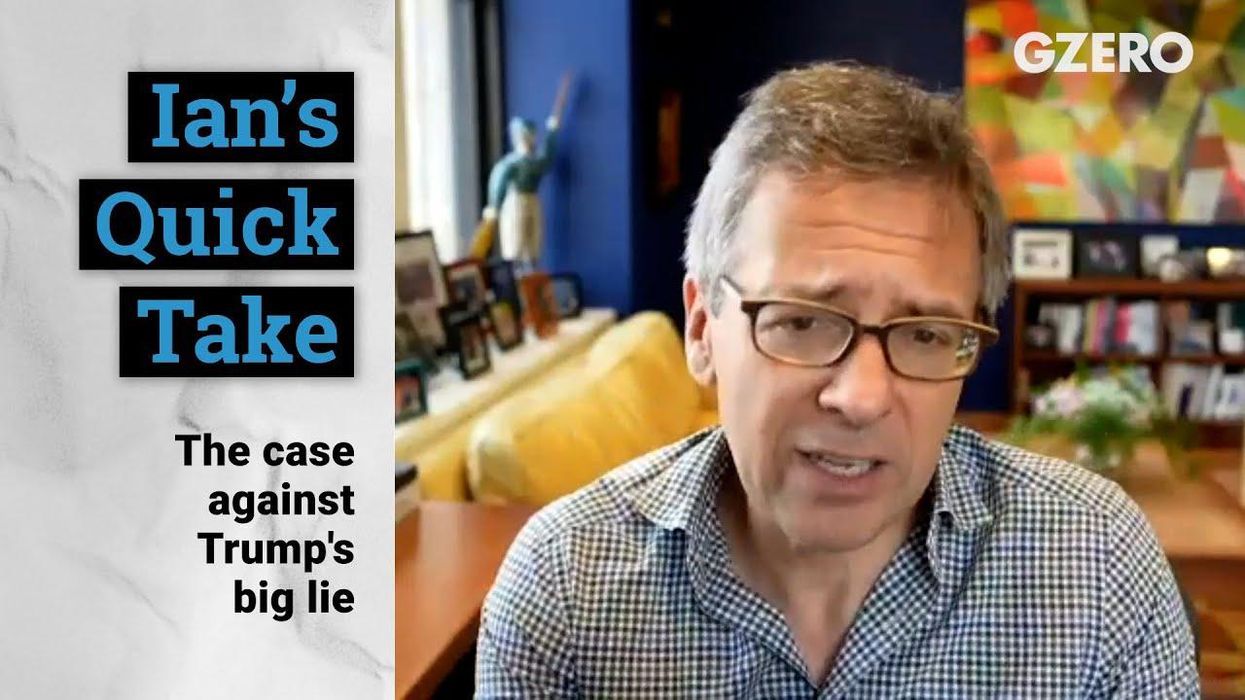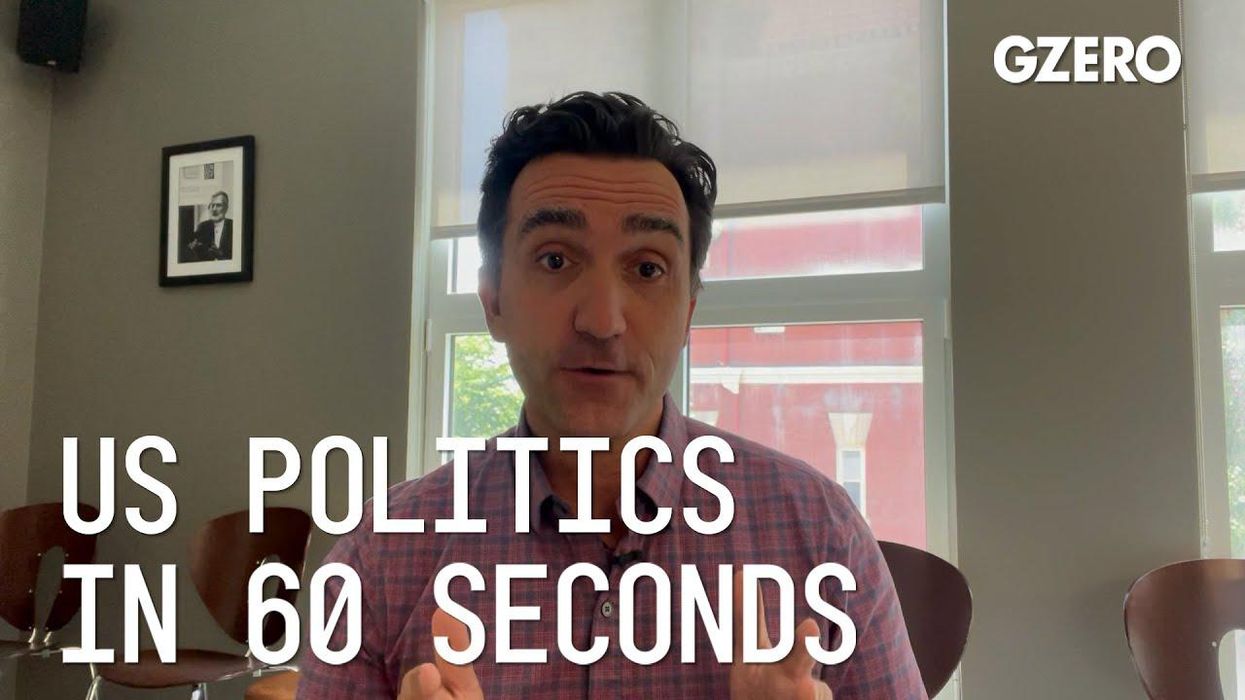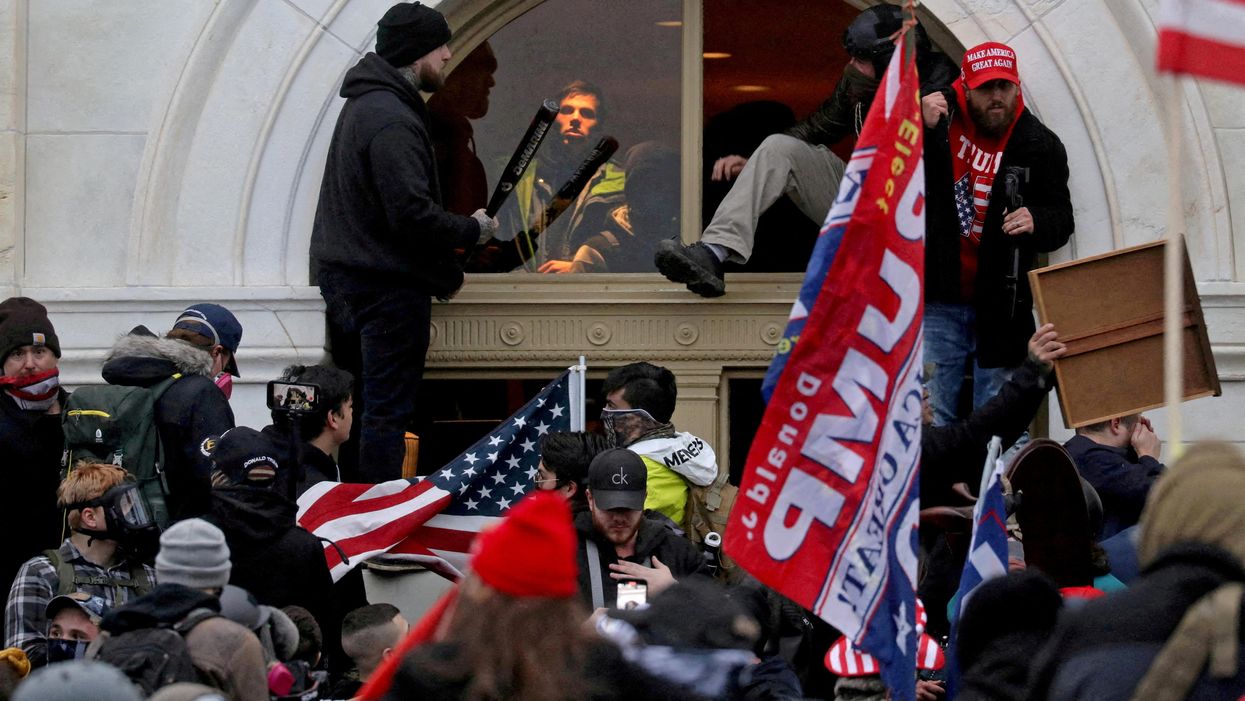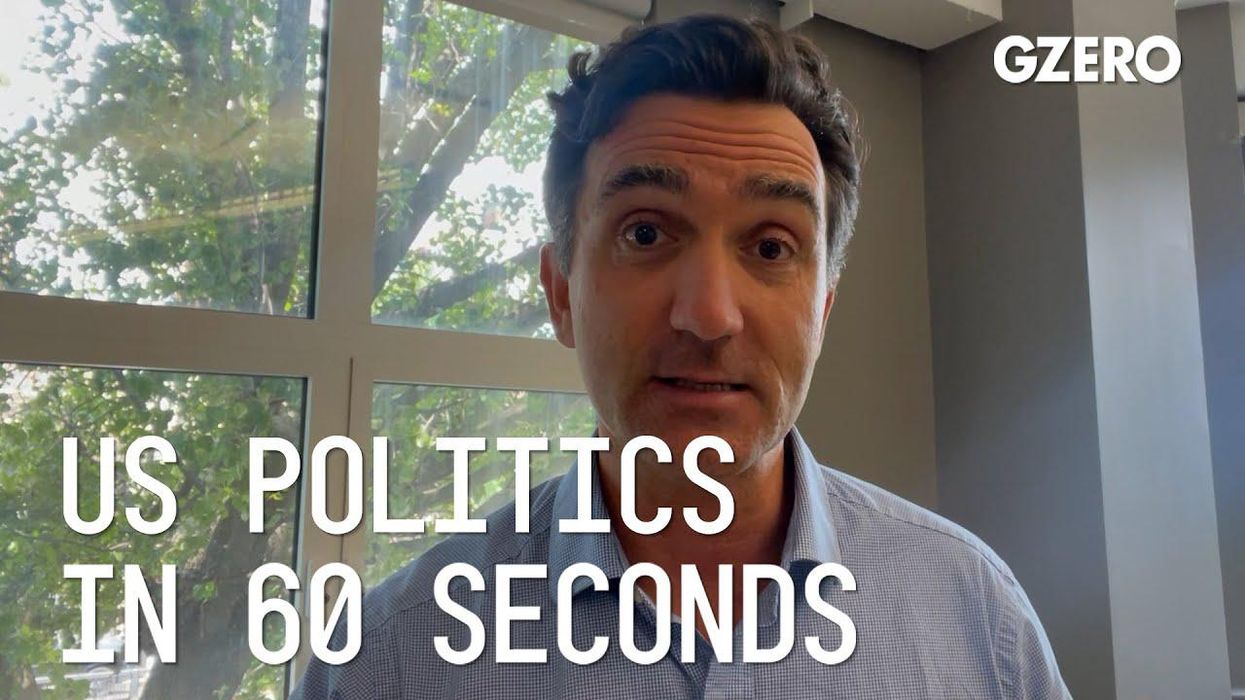Quick Take
The case against Trump's big lie
Ian Bremmer's Quick Take: I wanted to talk about the January 6th committee with its televised hearings starting last Thursday and proceeding throughout the week and showing just how incredibly divided and dysfunctional the American political system is. It's very clear to me that the impact of the January 6th committee politically in the United States will be next to zero, that the process is broken and is functionally partisan in a way that both of the impeachments of Trump, unprecedented two impeachments of President Trump, and of course, no convictions, have also become politically broken and polarized.
Jun 13, 2022




